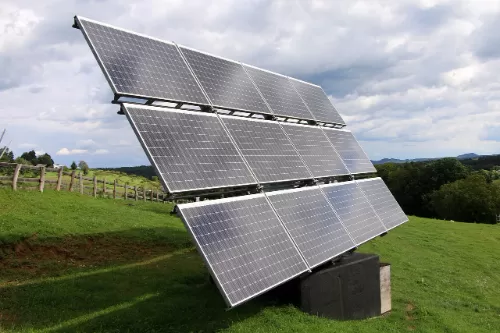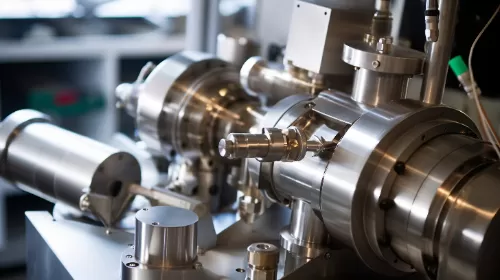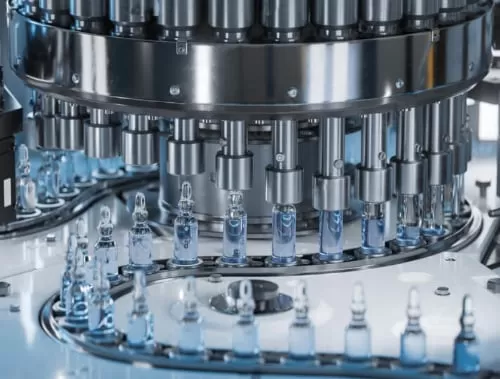Powering Your Home with Sunshine How Clean Energy is Slashing Electric Bills Nationwide

How Clean Energy Powers Your Home
Clean energy systems generate electricity by harnessing renewable sources such as sunlight and wind. For instance, solar panels use photovoltaic cells to convert sunlight into electrical power, which is then fed directly into your home's electrical system. When production exceeds consumption, the surplus energy can be stored in home batteries or sent back to the grid, earning homeowners credits on their utility bills. Similarly, small-scale wind turbines convert wind’s kinetic energy into electricity—especially useful in rural areas with steady wind conditions.
One of the main advantages of clean energy is its simplicity: no fuel costs, low maintenance requirements, and zero greenhouse gas emissions. By installing solar panels or wind turbines, homeowners can lessen their reliance on fossil fuels like coal and natural gas, which not only vary in cost but also pollute the air.
The Economic Benefits of Clean Energy
Transitioning to clean energy brings financial savings in three main ways:
Lower Utility Bills: Solar panels can meet 50% to 100% of a home's electricity demand, significantly reducing monthly energy expenses. Even on overcast days, panels continue to generate electricity—albeit at lower efficiency.
Government Incentives: Many countries offer tax credits and rebates to encourage clean energy adoption. For example, the U.S. federal Investment Tax Credit (ITC) currently covers 30% of the cost of solar installations, helping make systems more affordable.
Energy Resilience: Battery storage systems provide backup power during outages, eliminating the need for costly generators or the risk of food spoilage.
Over time, these savings add up. Most clean energy systems pay for themselves within 5 to 10 years, depending on household energy usage and available incentives.
Environmental and Health Impacts
Clean energy doesn't just save money—it’s crucial for environmental and public health. Solar and wind energy replace fossil fuels, drastically cutting carbon dioxide emissions and helping to mitigate climate change. Over its 25-year lifespan, a typical residential solar system can prevent around 100 tons of CO₂ from entering the atmosphere.
It also improves air quality. Coal-powered plants emit harmful substances such as sulfur dioxide and mercury, which are linked to respiratory issues. Clean energy systems eliminate these pollutants, contributing to healthier communities and potentially lowering healthcare costs.
The Future of Clean Energy in Homes
Technological advancements are making clean energy more accessible than ever:
Smart Grids: These optimize energy use by efficiently distributing renewable electricity throughout homes.
Next-Generation Batteries: Developments in lithium-ion and solid-state battery technologies allow homeowners to store surplus energy for use at night or during peak demand.
Community Solar Programs: These shared solar projects provide clean energy access to renters and those without suitable rooftops for panel installation.
In 2025, companies like Tesla and SunPower are leading the industry with streamlined, integrated solar solutions. As consumer demand rises, installation costs continue to fall, bringing clean energy within reach for more households.
Conclusion: Powering Homes and Protecting the Planet
Clean energy is transforming how we power our homes—combining cost savings, environmental protection, and modern technology. Whether through solar panels, wind turbines, or battery storage, homeowners can reduce utility bills, lower emissions, and help build a sustainable future. With supportive policies and ongoing innovation, clean energy is not just the future—it’s already here, powered by the sun and driven by purpose.

The Impact of AI on Business and Manufacturing: Transforming Industries with Innovation

Solar Grants Make Home Systems Affordable

Slash Your Energy Bills How Modern Energy Equipment Pays for Itself

Save on Your Energy Bill Comparing Electricity Providers in 2025

Top 5 CRM Software Trends Shaping Businesses in 2025

The Molecular Detective How Mass Spectrometry Uncovers Hidden Health Clues in Your Breath

Choosing the Right Medical Program in 2025

5 Essential Pharmaceutical Devices Every American Household Should Have

UK food bank charity reports record take-up amid cost of living crisis

Best Knee Pain Relief Near Me